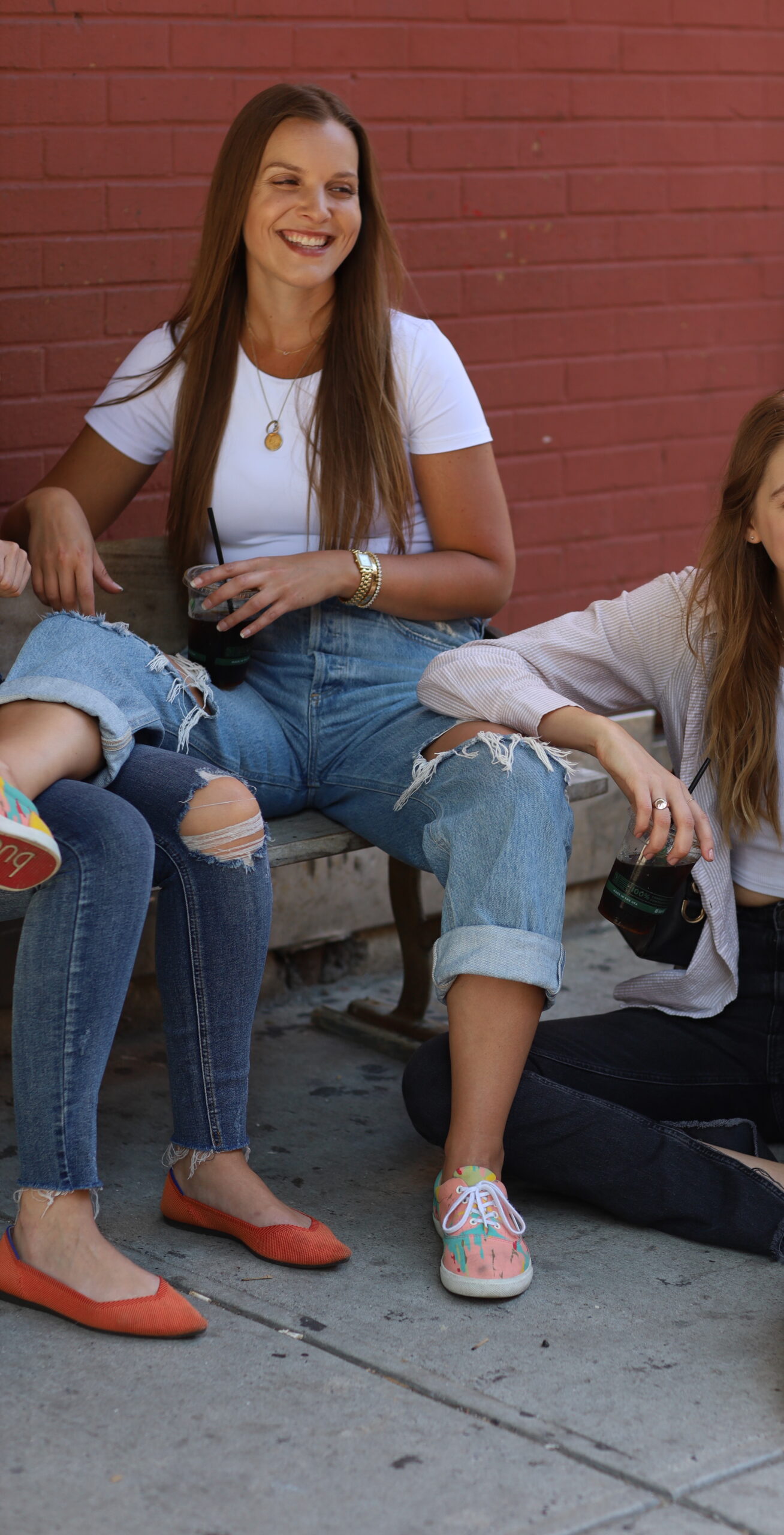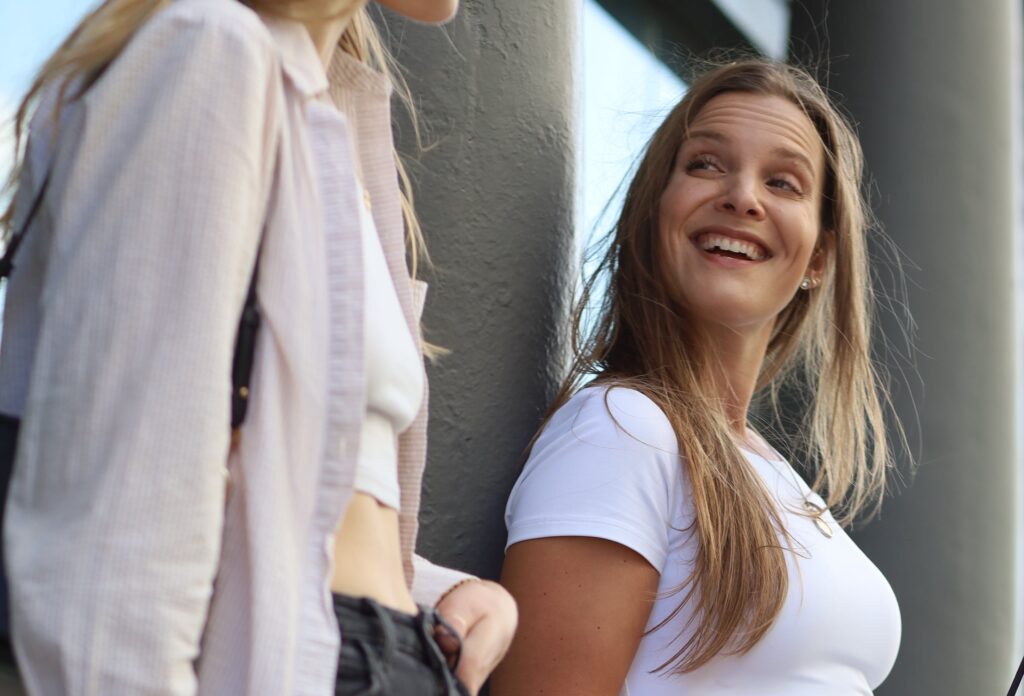
Let’s Talk.
We’re analyzing the way women are talked about.
In the media. In the office. And at home.
who we are
Focus Areas
We’re digging into how we discuss women in power — and how women everywhere can achieve success.

Women In Media
How are women in power portrayed in the media? On social platforms? Blogs? Let’s take a look.

Reframing Our Thoughts
What does it mean to empower women in today’s world? Is it woke? Passé? Vital? Let’s discuss.

Being A Woman In Business
How do we enable women to succeed in their professional careers? Let’s give you the tools you need.


